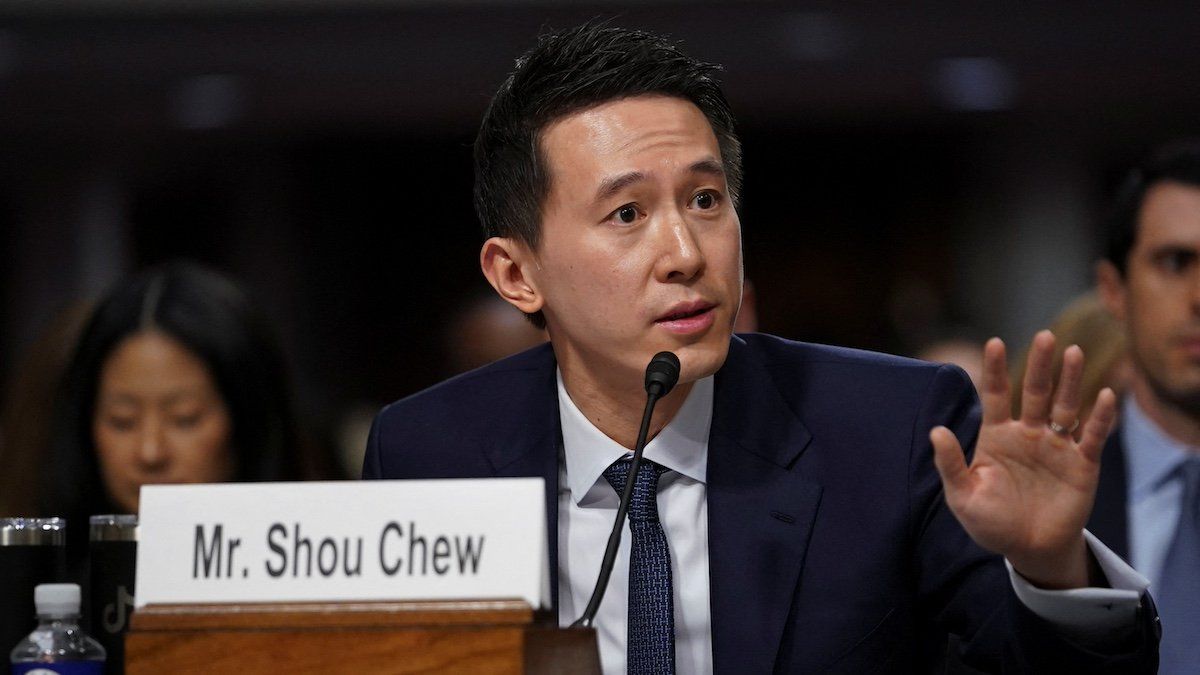It's time for TikTokers to enter their miming era. Countless videos suddenly went silent as music from top stars like Drake and Taylor Swift disappeared from the popular app on Thursday. The culprit? Universal Music Group – the world’s largest record company – could not secure a new licensing deal with the powerful information-sharing video platform.
In an open letter published by UMG, it blamed TikTok for “trying to build a music-based business, without paying fair value for the music.” UMG claimed TikTok “responded first with indifference, and then with intimidation” after being pressured not only on artist royalties, but also restrictions about AI-generated content, and a push for user safety.
It’s been a rough week for CEO Shou Zi Chew. He joined CEOs from Meta, X, and Discord for a grilling on Capitol Hill this week over the dangers of abuse and exploitation children are facing on their platforms. Sen. Lindsey Graham went so far as to say these companies have “blood on their hands.” The hearing followed last year’s public health advisory released by the Surgeon General that argued social media presents “a risk of harm” to youth mental health and called for “urgent action” from these companies.
The big takeaway: It appears social media companies are quite agile when under pressure and can change the user experience for billions of people at the drop of a hat, especially when profit margins are involved. Imagine what these companies could do if they put that energy into the health of their users instead.


















